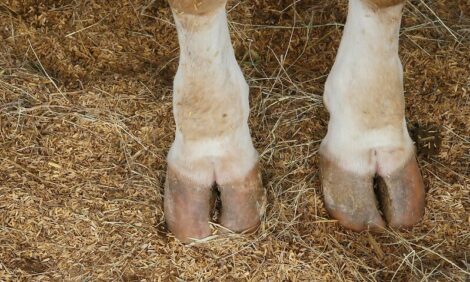



China turns to artificial intelligence to track its 700 million pigs
Alibaba, Tequ Group and Dekon group sign multi-million-dollar deal to bring artificial intelligence (AI) to China’s pig farming industry.The announcement was made on the 6 February 2018 that the tech giant, Alibaba Group Holdings Ltd, the pig feed manufacturer, Tequ Group, and Chinese farming corporation, Dekon Group, have secured a multi-million-dollar deal to apply the AI-powered ‘ET Brain’ to pig farming to better track and record pig health, behaviour and whereabouts.
Current methods of identifying and tracking pigs in China include RFID (Radio-frequency identification) electronic tagging systems where an electronic tag with a unique code is attached, usually to a pig’s ear’, and all data about that pig is stored on a central database. All of the data associated with a tagged pig is updated when the pig passes over an electromagnetic sensor. This method is time-consuming and costly to producers so China has looked to innovative, new technology to change the game.
The latest collaboration aims to utilise the technology used in Alibaba’s ‘ET Brain’ on modern pig farms in China so that more comprehensive tracking, behavioural and health data can be collected and stored for each and every pig. Machine vision technology would be used to identify unique skin brands on a pig and monitor every movement and sound that animal makes, combined with infrared tracking that can also monitor body-temperature.
For now, the trial is limited to the country's Sichuan province, but this will provide a baseline for more regular, efficient monitoring of pig health on farms across China, all while cutting labour and equipment costs.
This said, in an interview with the BBC, Dr Georgina Crayford (UK National Pig Association) expressed her concern for swapping farm staff for cameras:
There are some concerns in the British pig industry about our access to sufficient labour, because we are quite reliant on migrants both on farms and in slaughter houses. So, ways in which production can become more automated are obviously of interest, but I don't think we'll ever see a time when stockmen aren't needed on farms for good husbandry and the welfare of the pigs.
Click here for more information
Sources: Synced; The Verge; Digital Journal; Medium; BBC News








